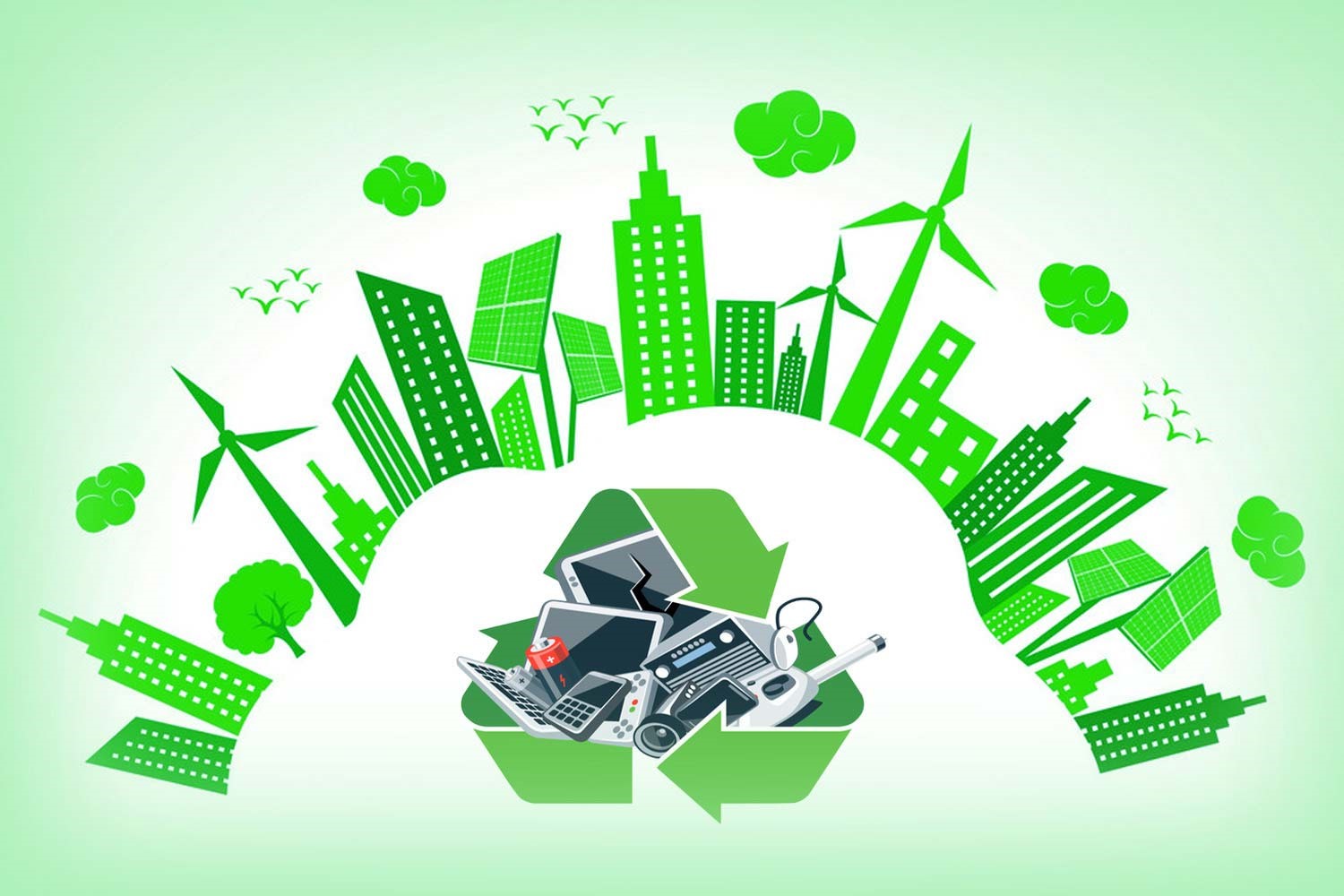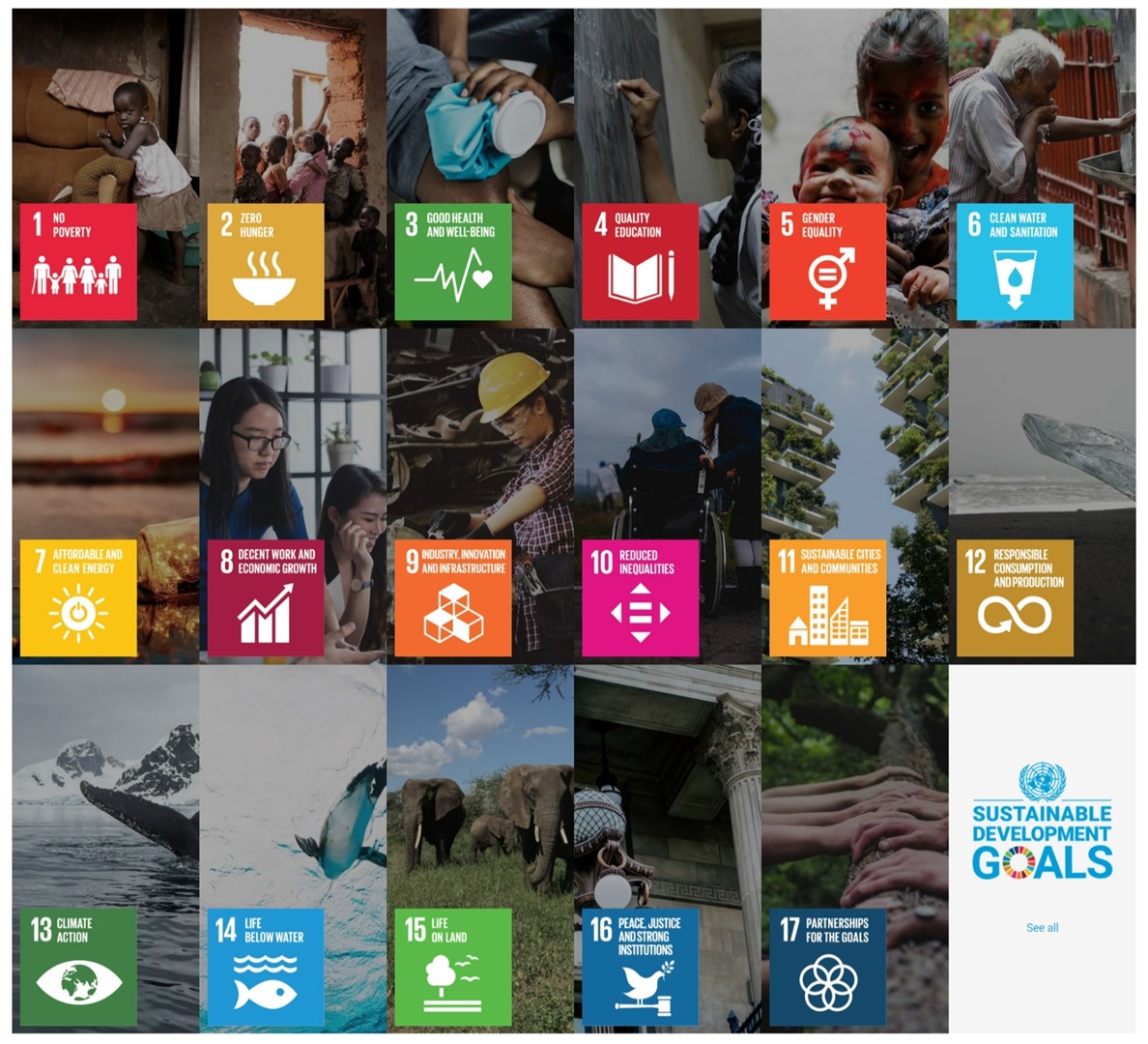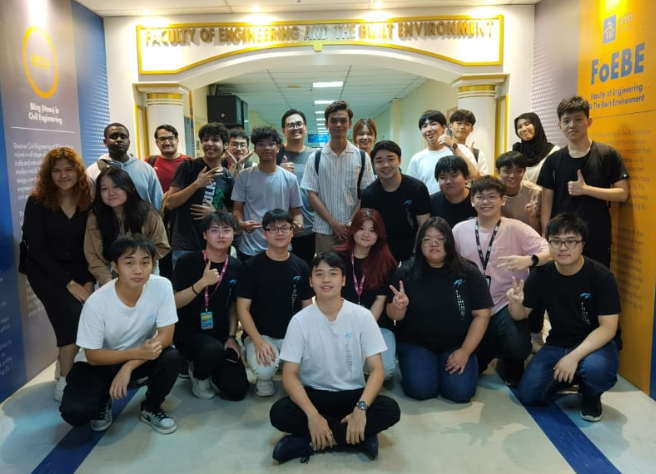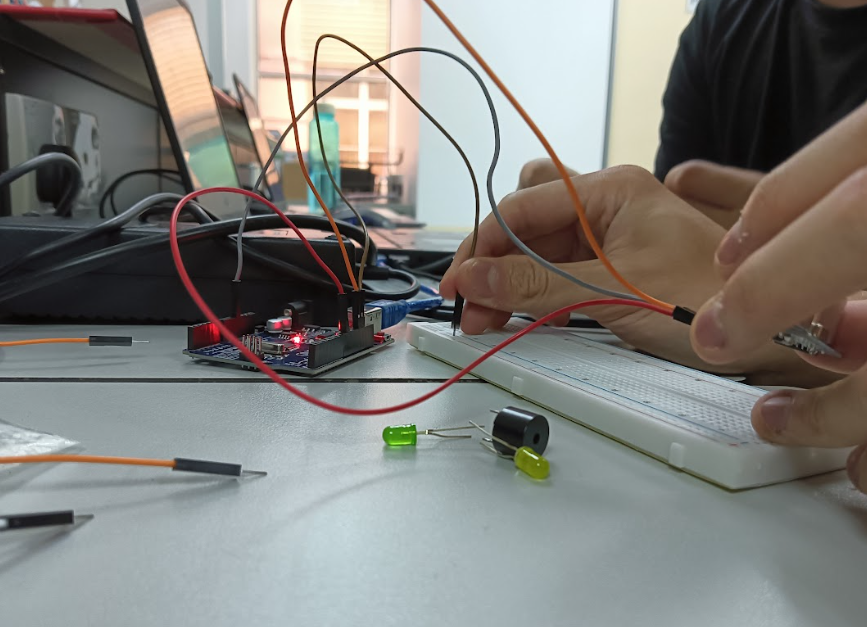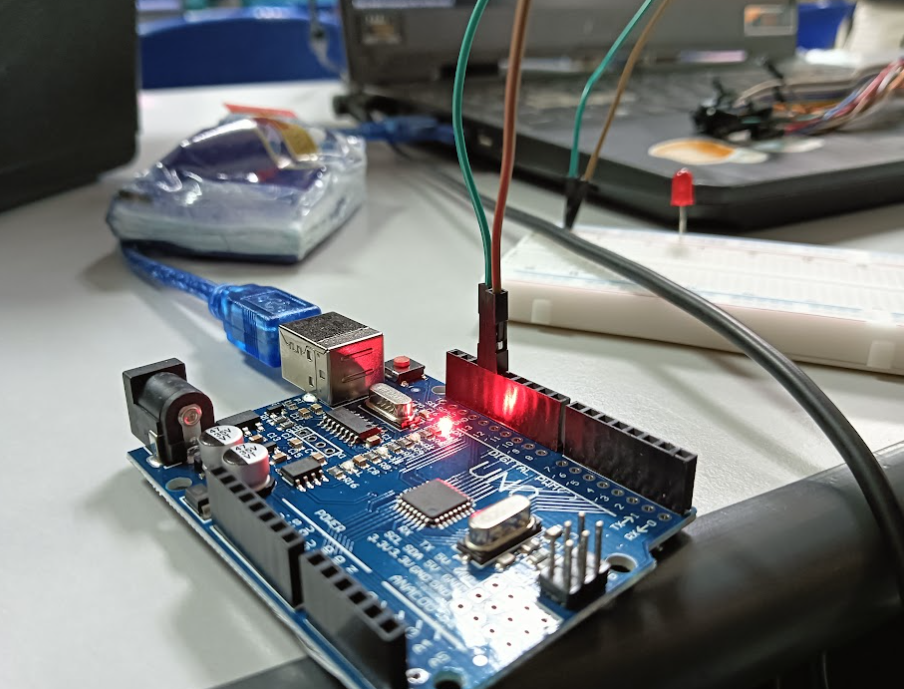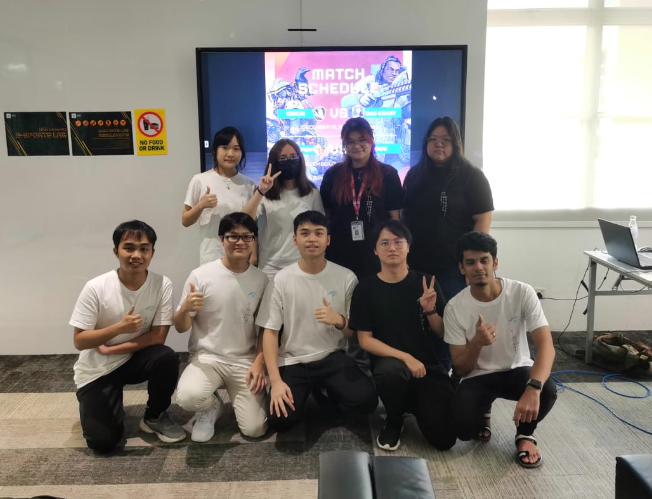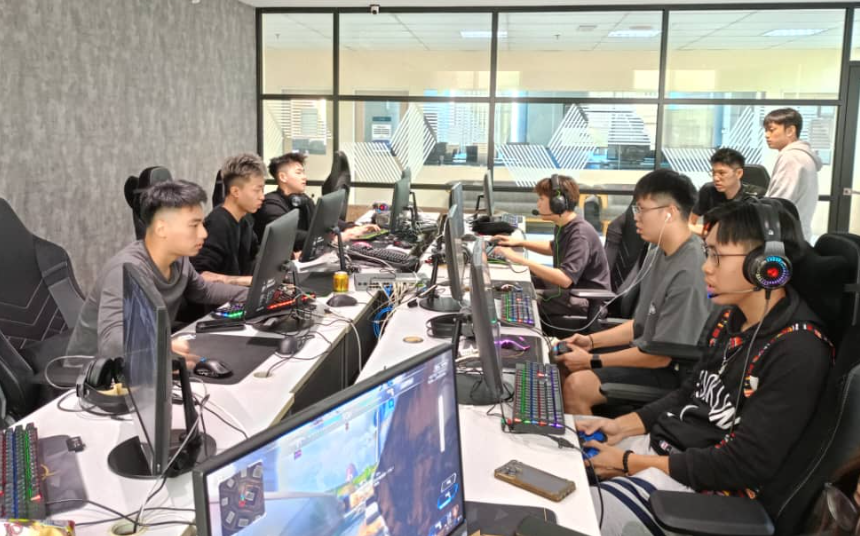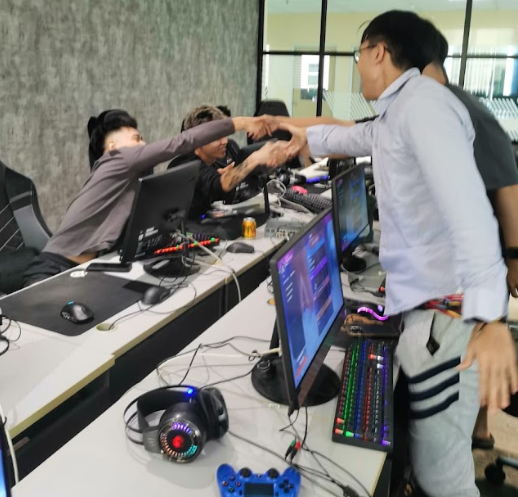- HOME
- ABOUT
- STUDY WITH US
- ACCOUNTING & FINANCE
- ADULT LEARNER
- Accreditation of Prior Experiential Learning (APEL)
- ARCHITECTURE
- BIOMEDICAL SCIENCE
- BUSINESS
- COMMUNICATION STUDIES
- CREATIVE ARTS & DESIGN
- CONFUCIUS INSTITUTE
- DENTISTRY
- EDUCATION
- ENGINEERING
- HOSPITALITY & TOURISM
- INFORMATION TECHNOLOGY
- LAW
- MEDICINE
- MUSIC
- OPTOMETRY
- PHARMACY
- POSTGRADUATE STUDIES
- PRE U / FOUNDATION
- PSYCHOLOGY
- PHYSIOTHERAPY
- QUANTITY SURVEYING
- ONLINE & DISTANCE LEARNING
- SPACE (SEGi Professional & Continuing Education)
- UNIVERSITY LIFE
- NEWS
- EVENTS
- GLOBAL MOBILITY
- STUDENT SERVICES
- HEALTH CARE SERVICES
- LIBRARY
- SEGi ONLINE PAYMENT
- SPARK
- METAMENTOR
- SEGi PARTNERS
- TECHNOLOGY REVOLUTION
- VERIFY YOUR CERTIFICATE
- ADMISSION
- RESEARCH
- TURNING POSSIBILITIES INTO REALITIES
- RESEARCH CENTRES
- BUSINESS, ACCOUNTING & MANAGEMENT
- ENGINEERING, BUILT ENVIRONMENT & IT
- CENTRE FOR SUSTAINABILITY IN ADVANCED ELECTRICAL AND ELECTRONIC SYSTEMS (CSAEES)
- CENTRE FOR SUSTAINABLE ADVANCE ENGINEERING DESIGN
- CENTRE FOR ADVANCED MATERIALS AND SUSTAINABLE MANUFACTURING (CASUM)
- CENTRE FOR GREEN BIOPROCESS ENGINEERING
- CENTRE FOR SUSTAINABILITY AND BUILT ENVIRONMENT (CeSBE)
- CENTRE FOR INFRASTRUCTURE GEO-HAZARDS AND SUSTAINABLE MATERIALS
- CENTRE FOR SUSTAINABLE DESIGN, MODELLING AND SIMULATION
- CENTRE FOR NETWORK SECURITY AND IoT
- SUSTAINABLE INFORMATION TECHNOLOGY INNOVATION CENTRE
- CENTRE FOR WATER RESEARCH
- PHARMACY
- PUBLICATIONS
- RESEARCH & COMMERCIALIZATION PARTNERS
- OUR RESEARCHERS & EXPERTS
- SUSTAINABILITY
- CONTACT

